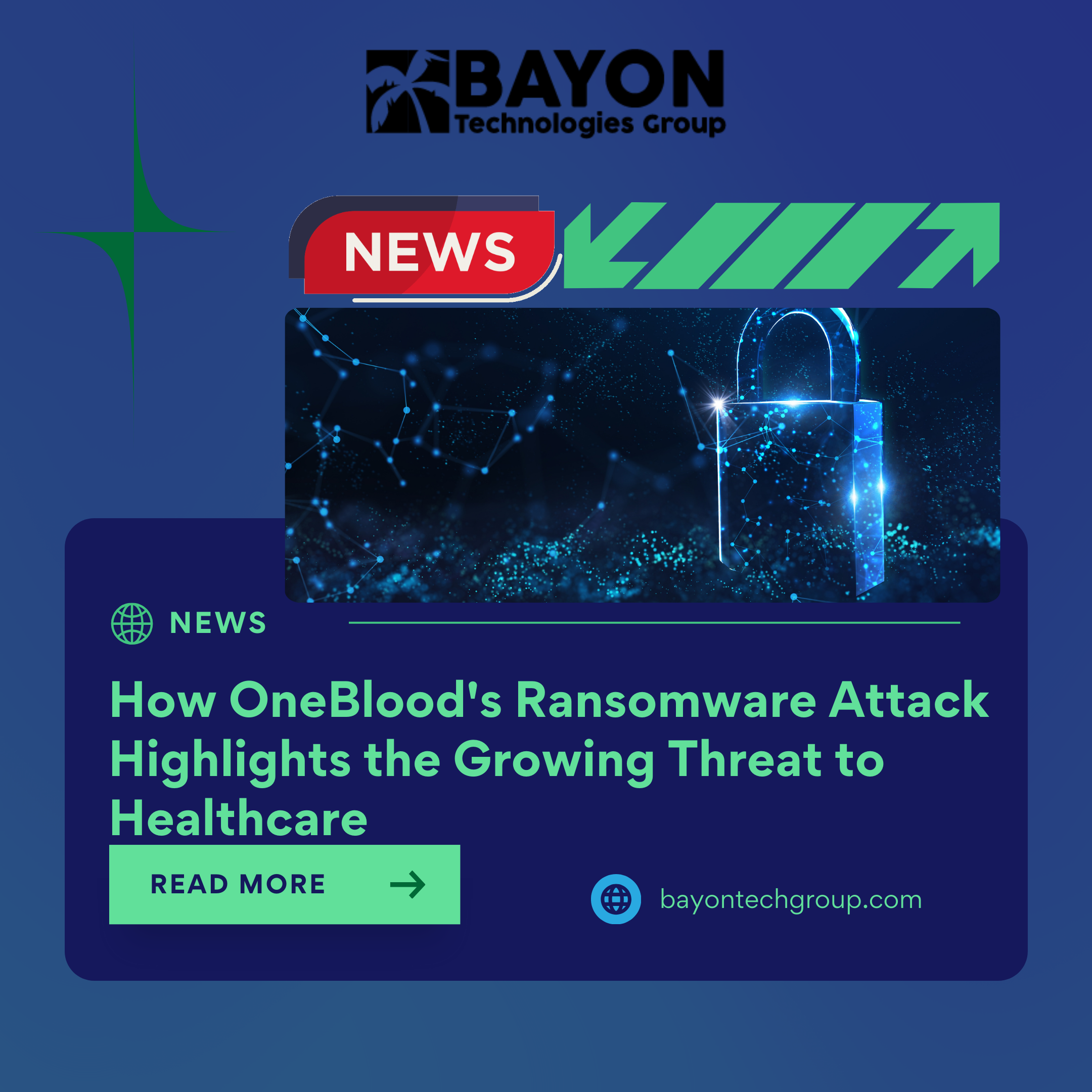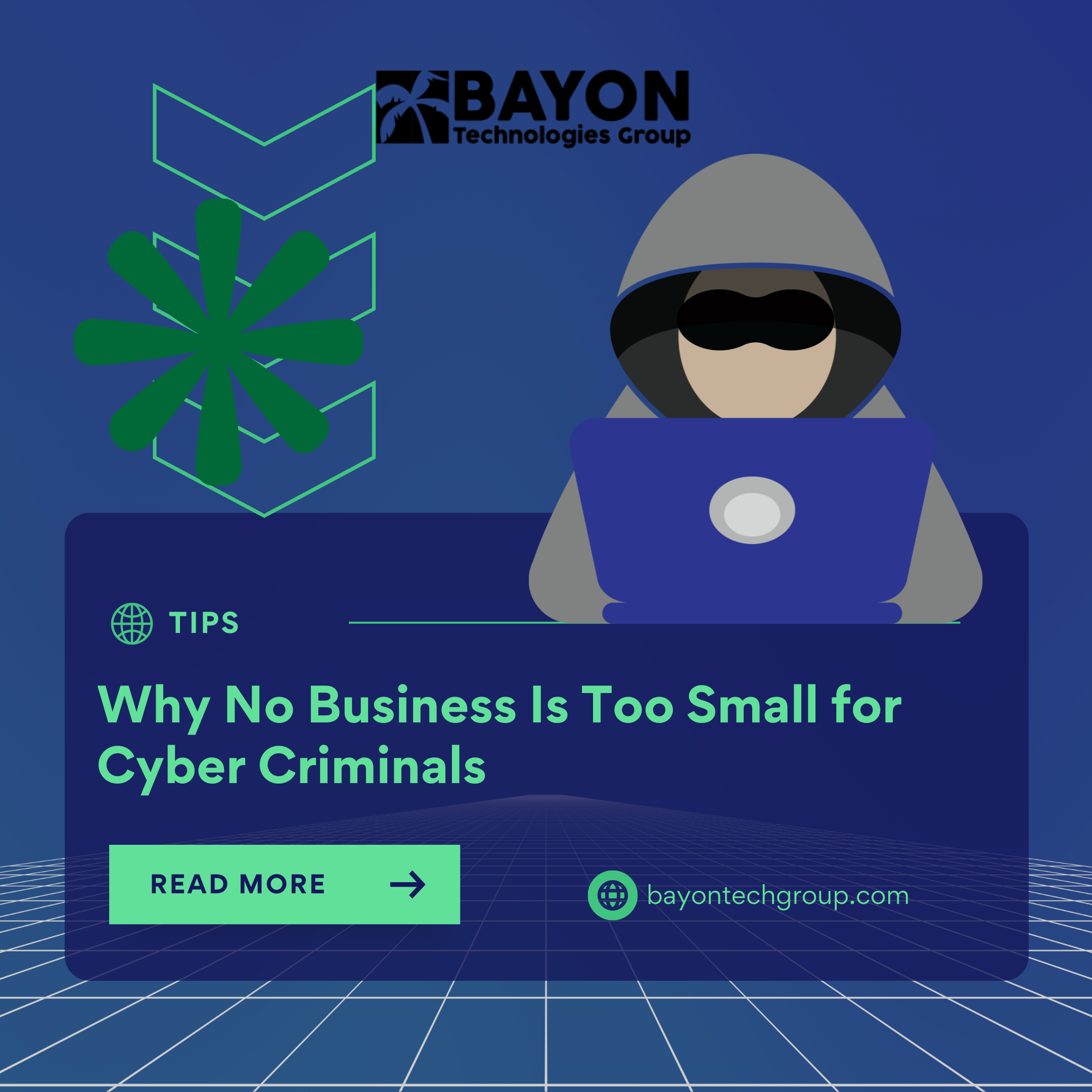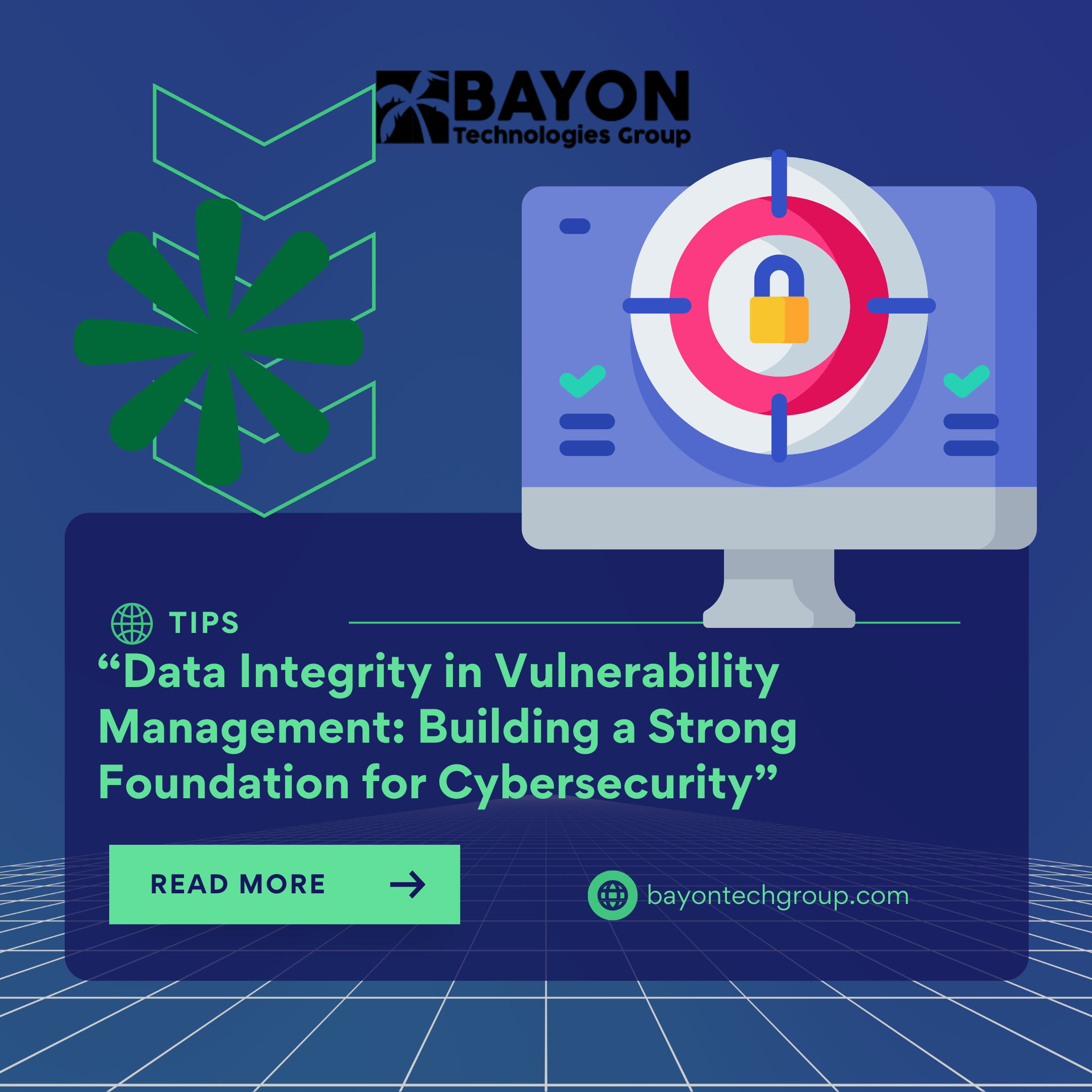How OneBlood's Ransomware Attack Highlights the Growing Threat to Healthcare

On August 1, 2024, Florida's primary blood provider OneBlood fell victim to a ransomware attack that forced the organization to shift to manual operations, leading to significant delays in blood distribution to over 250 hospitals across five states, including Florida, Georgia, Alabama, North Carolina, and South Carolina, at a time when blood shortages are already being experienced across Florida.
Due to the loss of automated systems, OneBlood experienced challenges in turnaround times and inventory management. The delay in blood distribution prompted hospitals to implement blood shortage protocols, which involve managing their existing supplies and assessing usage more closely.
Why Is This Significant?
- Healthcare Dependency: The healthcare sector heavily relies on digital systems for operations, from patient records to supply management. Disruptions in these systems can have direct consequences on patient care.
- Life-Saving Products: Blood products are crucial for surgeries, trauma care, and treatment of various medical conditions. Any delay in distribution can significantly impact patient outcomes.
The Rise of Cyber Threats in Healthcare
The OneBlood attack is not an isolated incident. The healthcare sector has become a prime target for cybercriminals, as seen in the recent ransomware attack on the Florida Department of Health, which hindered the distribution of birth and death certificates.
Why Healthcare is a Target
- Critical Nature: Healthcare facilities are more likely to pay ransoms quickly to restore operations and avoid risking patient safety.
- Data Sensitivity: Healthcare organizations hold vast amounts of sensitive personal and financial data, making them attractive targets for cybercriminals.
- Lack of Preparedness: Many healthcare institutions may lack robust cybersecurity measures, making them vulnerable to attacks.
Protecting Your Data: What You Can Do
If you suspect that your information might have been compromised in such an attack, consider taking the following steps:
- 1. Monitor Financial Records: Keep an eye on your financial and credit records for any unusual activity.
- 2. Freeze Your Credit: Consider placing a freeze on your credit record to prevent unauthorized access.
- 3. Change Passwords: Regularly update your passwords and use strong, unique passwords for different accounts. Consider using a password manager to help in creating strong passwords that are accessible both on your computer and mobile devices.
Conclusion
The OneBlood ransomware attack serves as a stark reminder of the growing cybersecurity threats facing the healthcare sector. As these threats become more sophisticated, healthcare organizations must prioritize cybersecurity to protect their operations and the sensitive data of their patients. At the same time, public participation in blood donations is crucial to ensuring that hospitals can continue providing life-saving treatments, even in the face of such disruptions.
For more insights and updates on cybersecurity threats, visit our website. Don't wait to get attacked. Enhance your cyber defense strategy today.
‹ Back







